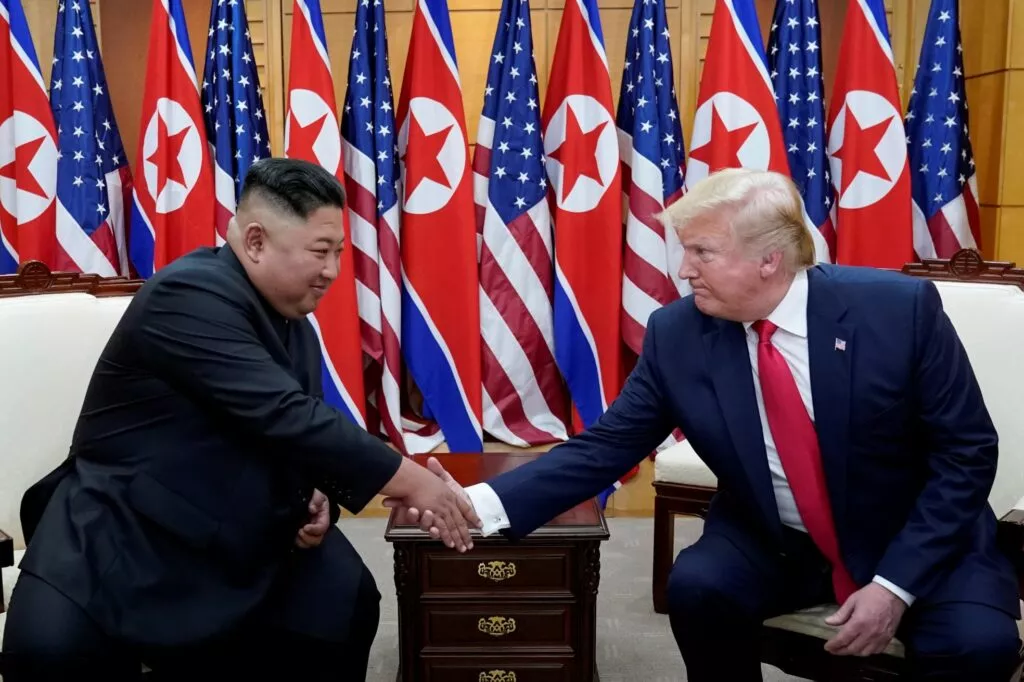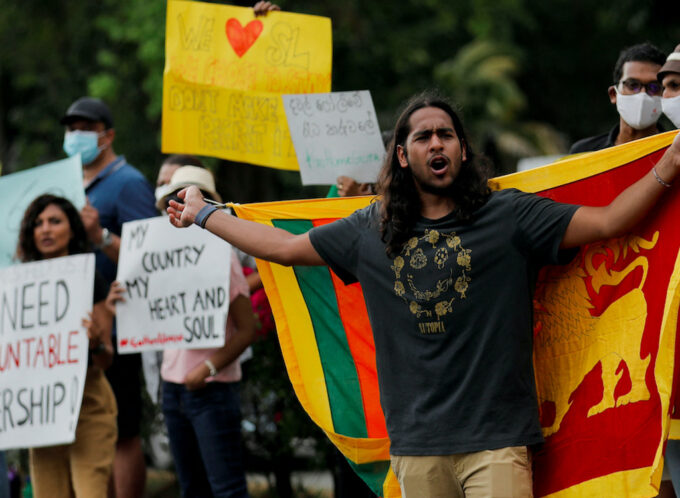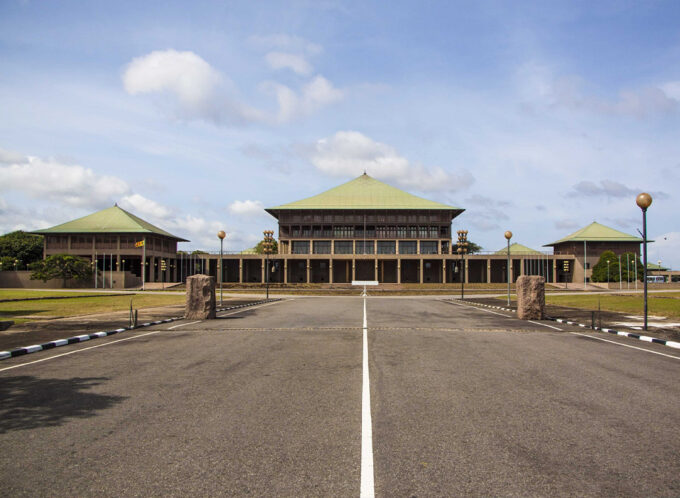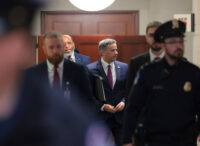By Ambassador Joseph DeTrani
President-elect Donald Trump has reportedly invited Chinese President Xi Jinping to attend the inauguration on January 20th.
With this invitation, it appears that Trump is making it clear that he is prepared to personally engage with adversaries and competitors, as he does with allies and partners.
Trump did this during his first term with North Korea’s Kim Jung-Un. After a tense 2017, in which President Trump threatened to unleash “fire and fury” against North Korea, he met with Mr. Kim in Singapore in 2018, resulting in a Joint Statement that spoke of transforming relations with North Korea in return for complete and verifiable denuclearization of the Korean Peninsula and the return of the remains of Americans killed during the Korean War. The subsequent Hanoi Summit, in February 2019, ended early when Mr. Kim was not prepared to acknowledge his highly enriched uranium sites for nuclear weapons. That June, however, President Trump visited the demilitarized zone [DMZ] dividing North and South and briefly stepped into North Korea – the only sitting president to enter North Korea – a gesture that was followed by an hour-long substantive meeting in the Freedom House at the DMZ. Later, Trump said, “I think meeting here, two countries that have a hostile past, we are showcasing to the world that we have a new present.”
For the past four years, there have been no U.S. meetings with North Korea. Obviously, other national security issues pushed North Korea to a back burner, but this lack of engagement with North Korea has resulted in a mutual defense treaty between Moscow and Pyongyang that has provided Russia with North Korean artillery shells, ballistic missiles and over 11,000 special forces, who have joined Russia’s war of aggression against Ukraine. Meanwhile, in 2024 North Korea enshrined in its constitution that South Korea and the U.S. were its principal enemies, and the North and proceeded to launch dozens of ballistic missiles, to include the Hwasong-19, a solid-fuel Intercontinental ballistic missile that can carry multiple independently targetable reentry vehicles (MIRVs) and can target the whole of the U.S.
Back to the table?
Hopefully, a new Trump administration will again engage with North Korea – and China – in a bid to reverse these very negative developments.
Taking a page from Trump’s playbook during his first presidency, personally engaging with Xi makes eminent sense. Not only will Trump be able to personally discuss issues that have eroded trust between our two countries, but he will be able to get the Departments of State and Defense and other government agencies to engage with China on a multitude of irritants affecting bilateral relations, including freedom of navigation in the South China Sea and the Taiwan Strait, and intellectual property theft and cyberattacks.
The expectation is that Mr. Trump has already crafted a hard-line policy on China, with the pledge of tariffs, and ensuring the U.S. has a strong military deterrent. Indeed, China has devoted significant resources to modernize its military, with a focus on enhancing it nuclear weapons arsenal, with projections that they will have more than 1,000 nuclear weapons by 2030. A dialogue with Mr. Xi on these and other national security issues would be in both countries’ interest.
Also important will be the multitude of global issues on which the U.S. and China can collaborate – from pandemics to climate change, artificial intelligence – the peaceful use of outer space to nuclear nonproliferation, counter terrorism to counter narcotics and other issues affecting the global community. In the 1980s and 1990s the U.S. and China effectively collaborated on some of these issues, as well as on defeating the Soviet Union in Afghanistan. Their collaboration was effective in dealing with these issues and built trust between our two countries.
Pope Francis in his Christmas message urged “all people of all nations to silence the sounds of arms and overcome divisions plaguing the world … calling for broad reconciliation, even with our enemies.” 2025 is a Jubilee Holy Year for the catholic church, celebrated every twenty-five years. It would seem appropriate for Pope Francis during this Jubilee Year to personally take some initiatives to end the wars in Ukraine and Gaza and to facilitate a more substantive dialogue between the U.S. and China.
All indications are that President-elect Trump will be more personally involved in dealing with national security issues and will expect government agencies to be more effective in dealing with these issues.
*Ambassador Joseph DeTrani served as the U.S. Representative to the Korea Energy Development Organization (KEDO), as well as former CIA director of East Asia Operations. He also served as Associate Director of National Intelligence and Mission Manager for North Korea, was the Special Envoy for the Six-Party Talks with North Korea, and served as the Director of the National Counter Proliferation Center, ODNI. He currently serves on the Board of Managers at Sandia National Laboratories.











Leave a comment